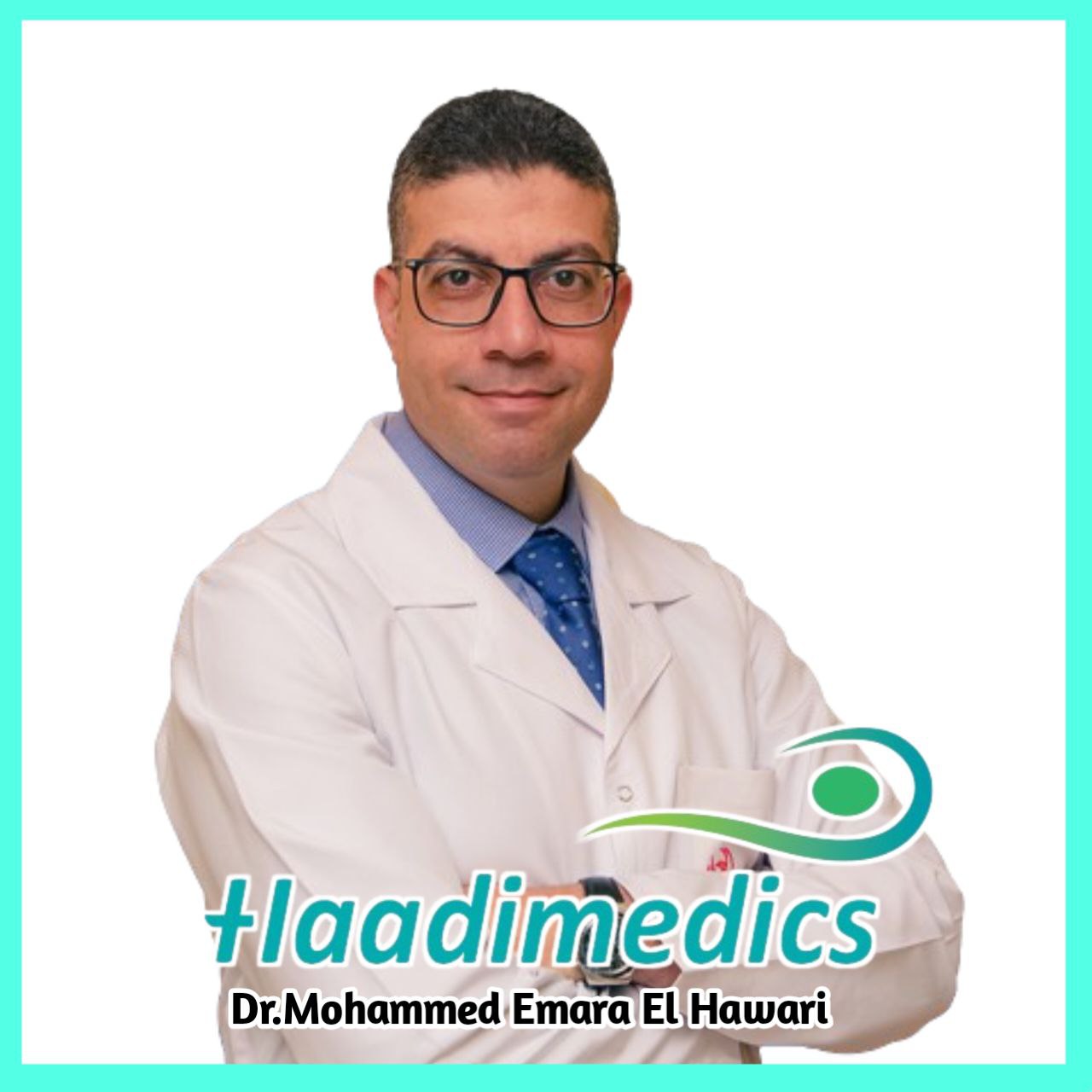
Dr. Mohammed Emara, El Hawari
Send Enquiry
 Chat
Chat
Get response within 24hrs
Neurosurgeon | Cairo | Egypt| 13 years Years of Experiences
As-Salam International Hospital, Cairo
- Prof. Dr. Mohammed Mohammad Emara, El Hawari is a notable assistant professor of neurosurgery who is well-known for his commitment to using clinical practice, research, and teaching to advance the discipline.
- Dr. El Hawari’s strong academic and professional experience has resulted in important contributions to both the academic community and patient care.
- Dr. El Hawari began his medical career with a solid foundation, getting his medical degree from a respected university.
- His interest in neurosurgery prompted him to pursue specialised training, during which he obtained vast expertise performing difficult neurosurgical procedures. His intensive training included residencies and fellowships, which gave him a thorough grasp of neurological problems and the surgical procedures necessary to treat them efficiently.
- Dr. El Hawari incorporates the most recent research discoveries and technology breakthroughs into his instruction, equipping his students to face the increasing difficulties in neurosurgery.
- Dr. El Hawari’s research is a key component of his professional profile. He has written multiple peer-reviewed articles on a variety of neurosurgical issues, including brain tumours, spinal diseases, and minimally invasive surgery techniques.
- He often shares his research at national and international conferences, encouraging communication and cooperation among top neurosurgical specialists.
- His work as a physician, researcher, and educator has had a profound effect on the discipline, improving patient care and expanding our understanding of medicine.
- Antiepileptic drugs (AEDs)
- Thrombolysis
- Anticoagulant therapy
- Deep brain stimulation (DBS)
- Botox injections
- Plasmapheresis
- Immunotherapy
- Corticosteroids
- Intravenous immunoglobulin (IVIG)
- Physical therapy
- Occupational therapy
- Speech therapy
- Cognitive behavioral therapy (CBT)
- Pain management (medication)
- Migraine prophylaxis
- Neurorehabilitation
- Antiparkinsonian medications
- Antidepressants
- Antipsychotics
- Beta-blockers
- Calcium channel blockers
- Nerve blocks
- Transcranial magnetic stimulation (TMS)
- Vagus nerve stimulation (VNS)
- Acupuncture
- Chiropractic care
- Lifestyle modifications (diet, exercise)
- Neurofeedback
- Spinal cord stimulation
- Surgical interventions (e.g., tumor removal)
Related News Articles:
Related Patient Stories:
Get response within 24hrs
Help Us With Your Details
